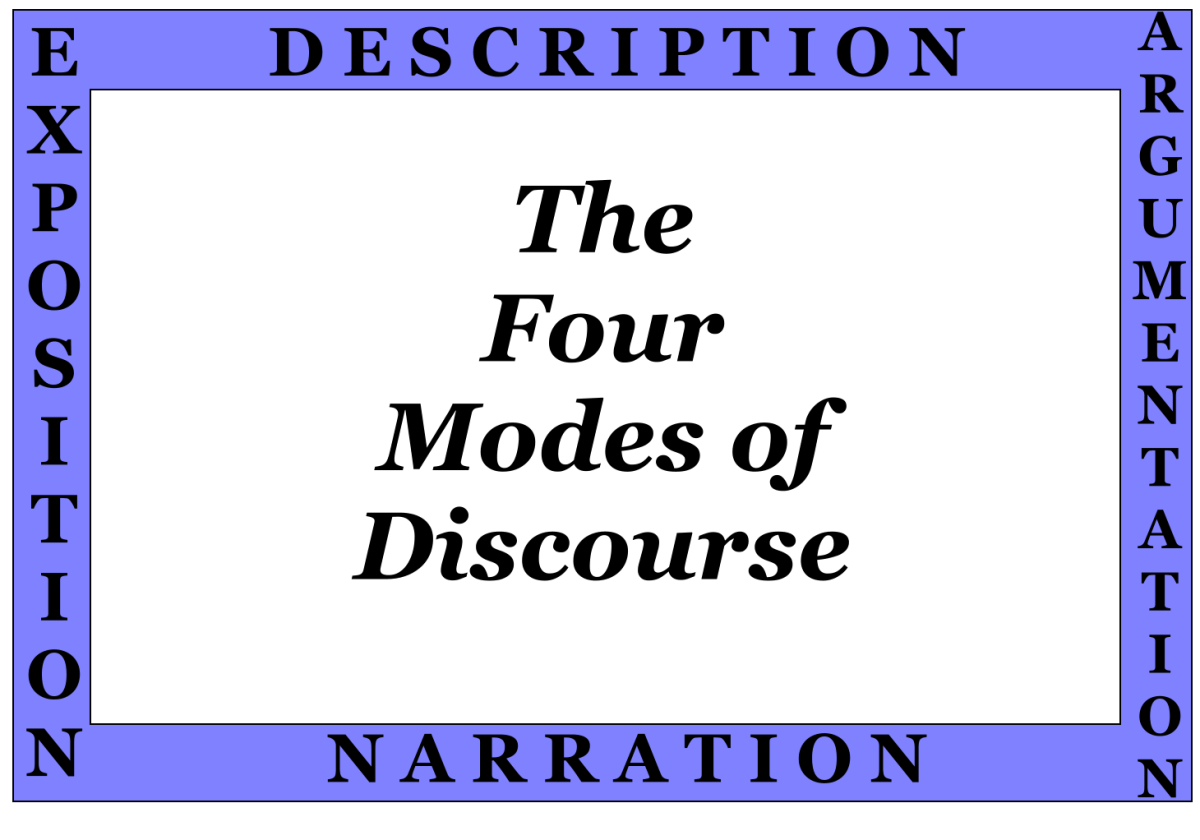Vegetarianism Argumentation, Tactics & Strategies

Expounding on Vegetarianism Argumentation, Tactics, and Strategies
Those who argue in favor of vegetarianism aim to be logical. Most of their arguments are not dialectical because many want action before talking about it. However, they do identify the significant issues. Their main argument is that there is negligence with the ways that animals are treated. But their arguments are rhetorical because their arguments are aimed at their audience. Much is done to influence others. Vegetarians want compliance with their beliefs. Generally, there is not any objectivity with their arguments. The arguments will be biased toward animals. A lot of reasoning is used. They work to appeal with pathos and logos. But their relationship with the audience seems to be that of a rapist. They do not promote significant choice, which is one of the ethics for arguers (Inch and Warnick, 2001, p.37).
Here is the key. The many tactics include strong words (emotive), radical strategies (some of which are terrorist acts), and graphic photos of animals that are being mistreated. In terms of the emotive language they use, this is a fallacy. Refutation is targeting those who do not believe the way they do. They work to reveal weakness. They use case (direct), specific, and destructive refutation. There is no bargaining. They use policy claims and want the policies and behaviors of those who handle or eat meat to change. They do not offer the solution of cutting back on meat consumption. All or nothing. Cold turkey. But because evidence such as research and statistics are used, their arguments are exploratory. I would assume that many of the sources are credible. However, one example of a counter plan, was when McDonald’s and Burger King agreed to have better treatment of animals.
Most vegetarians do not have accessibility to the slaughterhouses and other places where animals are mistreated. Not too many of those who have an opinion have observed a slaughterhouse first-hand. But most people would agree that animals are mistreated.
Vegetarians use exigence. They say that there is a need for a change. Problems that need to be addressed. It is urgent that people change their ways and to not abuse animals. But they have constraints because most people eat meat.
Stereotypes of Vegetarians
Many people have stereotypes of vegetarians. Clanchy (2001) says:
“Vegetarianism sits oddly on men: it smacks of pacifism, health-food shops, wimpishness, narcissism. Vegetarianism is not sexy: the male appetite- for hunting, meat, or women- is supposed to be a potent force which only a lovely woman in her guise of wife/mother can restrain. Which is why women like to clean up men’s kitchens and stop them eating Pot Noodles. It means you’re the wife figure and he’s committed. A major dietary move such as stopping eating meat means you’re married. Vegetarianism in a woman, on the other hand, is excellent for the image- as Linda McCartney’s journey from mullet to brand name demonstrates. A moan’s appetite should be delicate and controllable, particularly when it comes to meat: vegetarianism indicates that it is. It also indicates that you like animals, are probably (sweet!) squeamish about violence. Vegetarian food is associated with salad and so thought to be more slimming.”
Some of the reasons for not eating meat that I found were the environment, world hunger, health, animal death and suffering, religion and the economy. Even Gandhi and Einstein were vegetarians.
Many famous people have been vegetarians. Some of the vegetarian groups (PETA, for example) use that to their advantage. On the first two pages of the PETA vegetarian starter kit that I received, it lists several famous people: Athletes-Martina Navratilova, Carl Lewis, Billie Jean King, Actors-Alec Baldwin, Pamela Anderson, Alicia Silverstone, Woody Harrelson, Drew Barrymore, James Cromwell, Kim Basinger, Musicians- Paul McCartney, Prince, and Shania Twain, among others. To me, this was a fallacy, claiming that people should be vegetarian because famous people are and that they should become a vegetarian because its popular. This could cause identification in the audience.
Pro-vegetarian websites:
One was called “Dead Animal Flesh is not Food” by a man by the name of Ed Pastore. It went through and refuted thirteen arguments for eating meat. It was good that he refuted the arguments, rather than only giving one side of why people should not eat meat. This site contained graphic pictures of animals in slaughterhouses.
The views expressed on the page, like the views in the other sources use some strange views and strong words to get the point across. For example, when opposing the argument that eating meat is a habit, it talked about eating meat as an immoral practice and compares it to other actions:
“Other practices which we now consider immoral were once considered common and acceptable…everyone did it. Slavery was perfectly acceptable in large parts of the world before this century. Murdering a person outside of your clan or tribe was fine behavior for many people in many hunter-gatherer societies (and is still accepted behavior in modern street gangs). Rape was normal behavior for primitive humans and retains various degrees of acceptance today. Suppressing some or all rights of women or racial minorities was perfectly legal in the United States until very recently and is common in other nations. Because these behaviors were or are generally accepted does that make them right?” (Pastore, 2001)
Another website is called “How to win an argument with a meat eater”. This site covers ten arguments. It only uses statistics. Here are the arguments: Hunger (argues that food for animals could be given to starving people), Natural Resources (argues that natural resources are being consumed to produce livestock), Health (talks about diseases that can be avoided with a low-fat diet free from animal products), Cholesterol (talks about cholesterol found in meat), Cancer (talks about how cancer is diet-related), Protein (talks about how various vegetables are great sources of protein), Antibiotic (talks about antibiotics used to feed livestock), Food Safety (talks about inspections), Environmental (talks about land destroyed by agriculture), and Strength (gives information on triathletes who were vegetarians). The statistics on this page seemed believable, but unfortunately, no sources were cited. (How to win an argument with a meat eater, 2001).
I found another site with a similar title, Religion and Vegetarianism-How to Win an Argument with a Meat Eater. It had similar arguments, but it did not have statistics. It also gave arguments against meat eating because of pesticides and ethics (Subramuniyaswami, 2001).
Bibliography
Clanchy, K. (2001, September 25) Women: Bone of contention. The Guardian (London), p.8.
How to win an argument with a meat eater. Retrieved on October 12, 2001 from http://www.albersweb.com/Michael/howto.htm. (No longer valid link)
Inch, E. & Warnick, B. (2001) Critical thinking and communication. Boston: Allyn and Bacon.
Pastore, E. Dead animal flesh is not food. Retrieved October 10, 2001 from http://users.erols.com/epastore/veg/
Subramuniyaswami, S. Retrieved on October 12, 2001 from http://www.ivu.org/religion/articles/argument3.html
This content is accurate and true to the best of the author’s knowledge and is not meant to substitute for formal and individualized advice from a qualified professional.
© 2020 Mark Richardson








